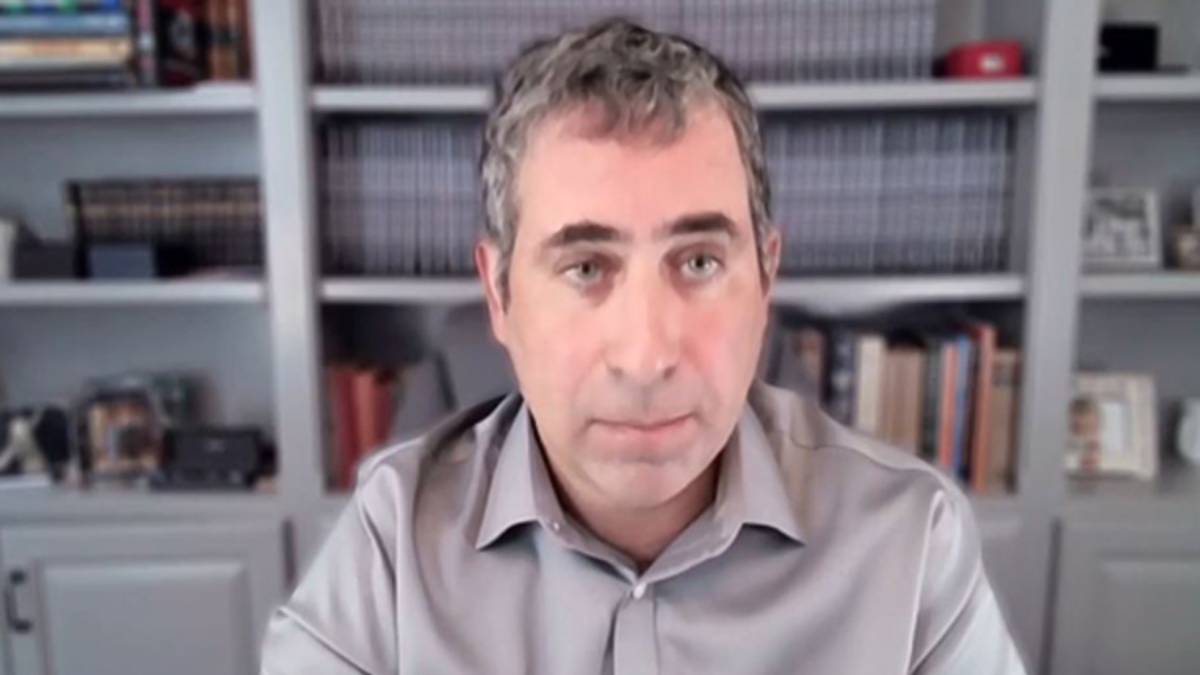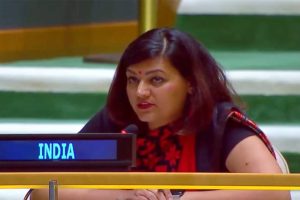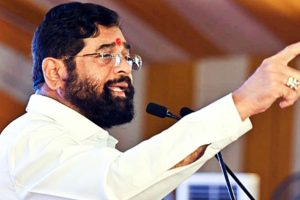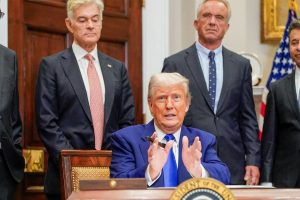International security scholar Max Abrahms has cautioned that President Donald Trump’s second administration appears to be “tilting towards Pakistan and away from India,” citing recent diplomatic, military, and trade moves that he says risk undermining years of progress in the US-India partnership.
In an interview with ANI, Abrahms said he was not surprised by Pakistan Army Chief Asim Munir’s nuclear threats, but noted the unusual nature of such rhetoric being made from US soil. “If this was the only incident, it would be unremarkable. But this summer we’ve seen a trend suggesting a shift in Washington’s posture—one that favours Pakistan over India,” he said.
Abrahms, author of a book on terrorist dynamics, stressed that US-India ties had been carefully built over years, with trade and defence cooperation—especially via the Quad—once described as central to America’s Indo-Pacific strategy to counter China. Comparing India’s role to Japan’s post-WWII strategic position, he criticised the current US tariff policy towards India as “unfair, offensive, and destabilising.”
He acknowledged Trump’s unpredictability, suggesting the president could still ease tariffs, particularly the 25% levy on Indian purchases of Russian oil, but warned that even such a rollback would not instantly repair the diplomatic strain. “The message to India right now is that the US isn’t reliable,” Abrahms said, pointing to recent White House invitations for Pakistan’s Army Chief and discussions on boosting US-Pakistan trade despite Islamabad’s links to terrorism.
Abrahms identified Operation Sindoor as a key turning point, arguing that the Trump administration treated India and Pakistan as equals despite Pakistan-backed militants triggering the conflict by killing Hindu civilians. “Pakistan was delighted with Washington’s intervention—so much so that they even floated the idea of nominating Trump for the Nobel Prize,” he added.
While hopeful the US-India relationship can recover, Abrahms warned that continued mixed signals from Washington risk eroding the trust that has underpinned strategic cooperation for years.





